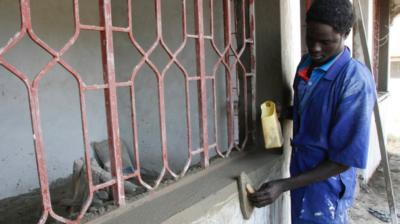Youth in Africa: How Africa's post conflict regimes handle the African Millennias (Norglobal)
The population in sub-Saharan Africa is the fastest growing and the youngest in the world, yet the politicians ruling them are typically among the oldest.
This observation is the starting point of a new NORGLOBAL project. It zooms in on four countries – Ethiopia, Mozambique, Uganda and Zimbabwe – in which the current rulers are yesterday’s rebels. They consolidated authoritarian regimes after securing victory in the liberation struggles between the 1975 and 1992. The vast majority of citizens was born long after that, yet it knows no other powerholders.
While youth is an asset for any population, the above conundrum represents several challenges. One is “economic”, as most of the sub-Saharan African economies struggle to produce enough decent work for the large youth cohorts that enter labour markets every year. The other is “political”. Can the aging rulers govern in a way that satisfy the material needs and political aspirations of the upcoming generations?
International development organisations and an increasing number of scholars have recognised Africa’s demographic challenge. However, they have focussed on youth employment programmes or on (male) youth as a security problem. Based in political science, our research team identified a blind spot in the debate, namely that any intervention aimed at youth takes places in the context of a country’s local political economy. We will therefore study the encounter of regimes and youth populations in practice, in two areas: 1) employment schemes and 2) political representation. When is youth agency and regime policy leading to empowerment, suppression, or old patterns of subordination?
To find the answers, researchers in Bergen and the UK collaborate with leading research institutions in the four African countries. We seek insights that are useful toward the Sustainable Development Goals and will communicate findings to stakeholders in the North and the South.












![Corona überleben: Die Figur der:s Überlebende:n als Trägerin von Hoffnung und Angst in den Politiken einer Krise im Werden [Surviving Corona: The figure of the survivor as bearer of hope and fear in the politics of an emerging crisis]](http://www.cmi.no/img/400/18259-Corona-und-mediale-ffentlichkeiten.png)
